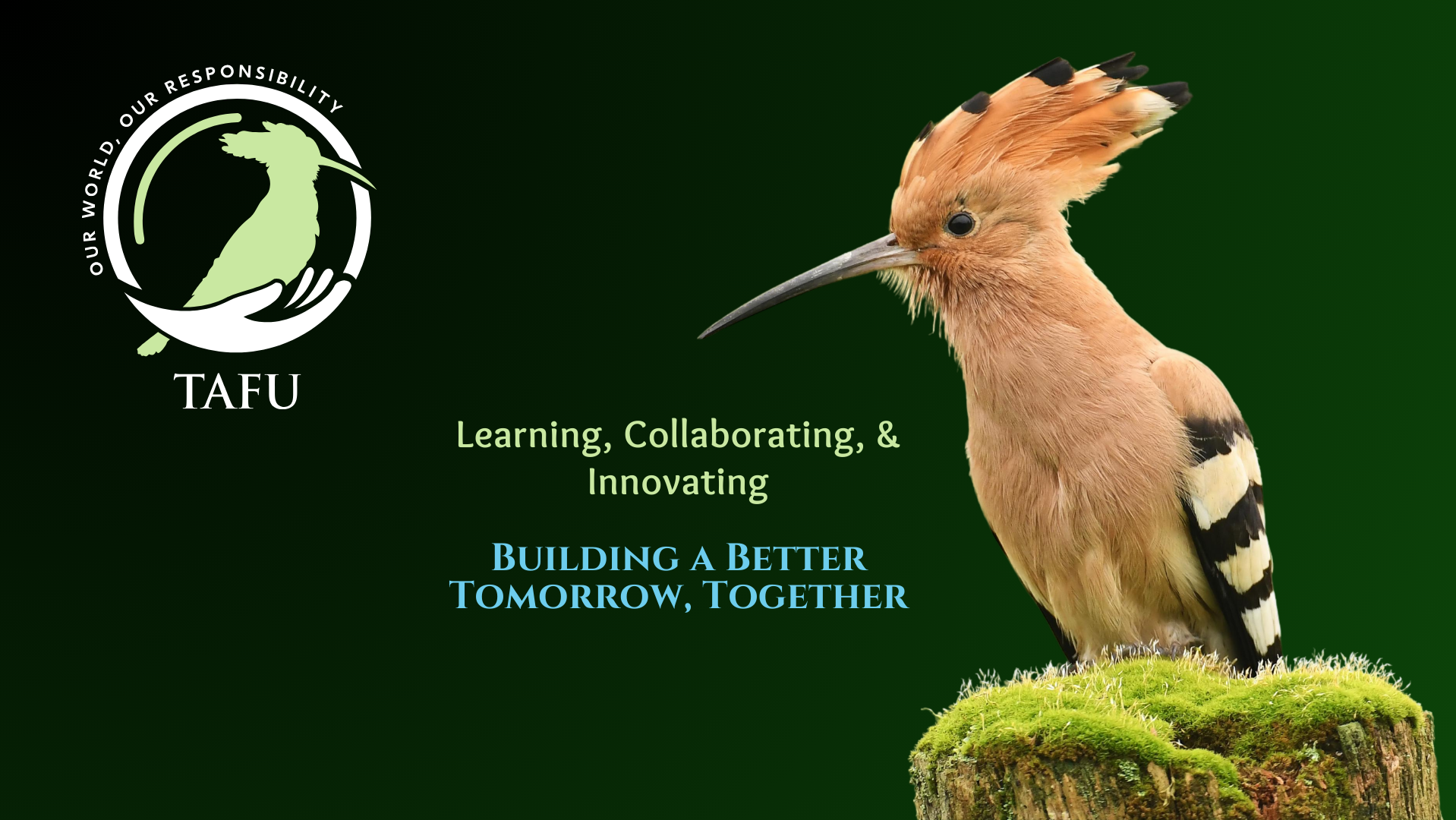I recently became aware of very horrible crimes being committed against donkeys, and how they are being exploited with devastating brutality. Below is a summary of what I’ve learnt. It is truly heartbreaking what is done to these astonishing, sentimental, beautiful and sensitive intelligent creatures.
Donkeys are native and wild in North Africa. They are part of the same sub-family as horses and mules. A mule is a hybrid between a male donkey and a female horse, they are almost always infertile, however, they are a few rare cases where mules can give birth. This is due to having an uneven amount of chromosomes in their DNA, meaning that they can’t split evenly into two pairs.
Donkeys form very strong bonds with their companions, this usually occurs with other donkeys, but can also occur with sheep, goats and horses. If a donkey’s companion is taken away from it, it can develop serious diseases, such as hyperlipemia. This is when an animal has a too high-fat percentage in its bloodstream, and it can lead to death. For these reasons, donkeys should never be left alone. The training of a donkey is very important. Donkeys learn easily but won’t learn what is “right” or “wrong”, but will learn what is most efficient for them, therefore, the reactions and signs that a donkey trainer gives are very important in making donkeys behave in the right way. Donkeys will often learn faster and more effectively if their trainer is patient and if they grow up with other donkeys. Donkeys learn from the moment they are born to the moment they die, so, if you are a donkey trainer, it will be faster to teach a donkey at a young age, however, it is still possible to teach them when they are older. Depending on their training, donkeys can also be used to guard live-stalk, such as sheep and goats, however, if trained in another way, they could chase these animals.
Donkey’s feelings, although visible, are hard to notice. For example, an increase in pupil size can be interpreted as curiosity, however, this is usually a sign of fear or stress. The environment in which donkeys are in is also very important. If they are in a small enclosure with many donkeys, this will increase boredom, overfeeding and rivalry between donkeys. This is not a good sign as they like being in small groups and these things can lead to both mental and physical health disorders.
Donkeys are highly social and friendly animals they are being exploited at a massive scale. South African police once found a farm with 5,000 donkey skins, illegally being exported from South Africa and without being tested for diseases!
A kilogram of donkey gelatine is worth 300$! Donkey gelatine is gelatine made from boiled donkey skins taken from both living and dead donkeys! Donkey gelatine is seen to be a traditional Chinese “medicine”, therefore these trades are often being exported to China, the BBC believes that the 5,000+ donkey skins, found on the raid of the farm in South Africa, were destined to China, as men working near the storage area, noticed regular lorries coming to pick-up the skins driven by “Asian men”. Donkey gelatine is made from boiled donkey skins. Donkeys are often starved to death or being bludgeoned to death with hammers, to make it easier to skin them. Some donkeys are even skinned alive!
In Greece and Egypt donkeys are often used for tourism. Often being used to carry tourists and their luggage up steep, slippery slopes often carrying more than 100 kilograms! These “donkey rides” often start at sunrise and end after sunset! Donkeys don’t get food or water at all during the day, often at temperatures between 30 and 50 degrees! Even at night, donkeys rarely get water or food and when they do they are often tied up to hard to be able to reach it! Even though by law it is illegal to put a weight of anything above 100kg on a donkey in Greece, however, this law is not enforced and very few people respect it!
In Croatia, there are “donkey races”, where one person rides a donkey, and two others push and pull it to make it go faster! Often people above 100kg are the ones sitting on the donkey, which can easily damage the donkey’s spinal cord and spin! This is used as a tourist attraction, teaching children the wrong behaviours towards animals!
How is all this possible?
We need to stop treating animals in this way! We have been breeding donkeys for over 5000 years, but now, we are starting to treat them like objects! We need to show children the right way of thinking, not showing them how to abuse and exploit defenceless animals, such as donkeys! We are all responsible if see and we don’t act if we know and do nothing! We have to help people to understand and use common sense, educate rather than judge!
Some countries such as Niger and Uganda have banned donkey exports! We need more countries to do the same! Ban donkey races and donkey exploitation in the heart of Europe. We need to be more humans!







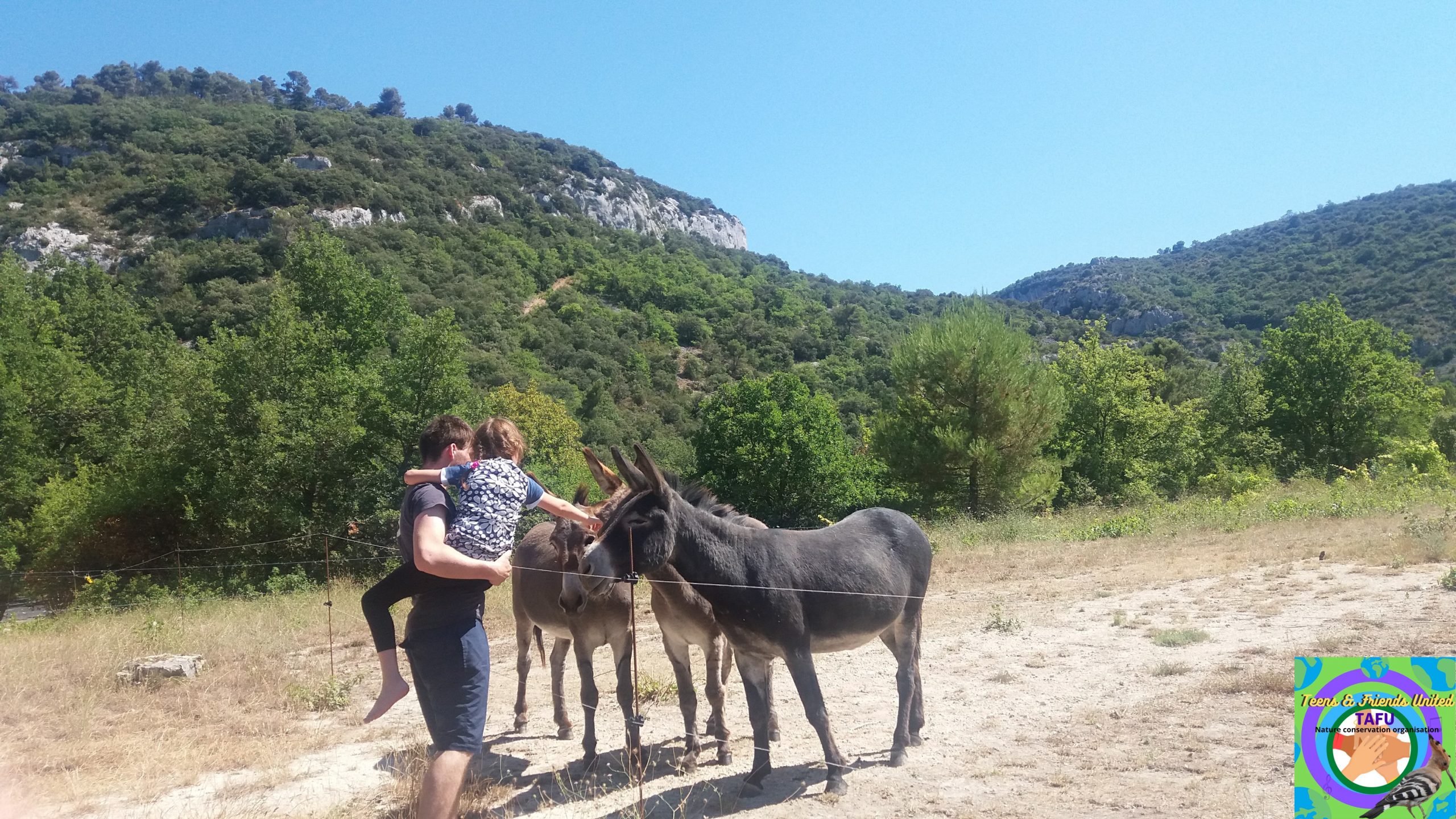

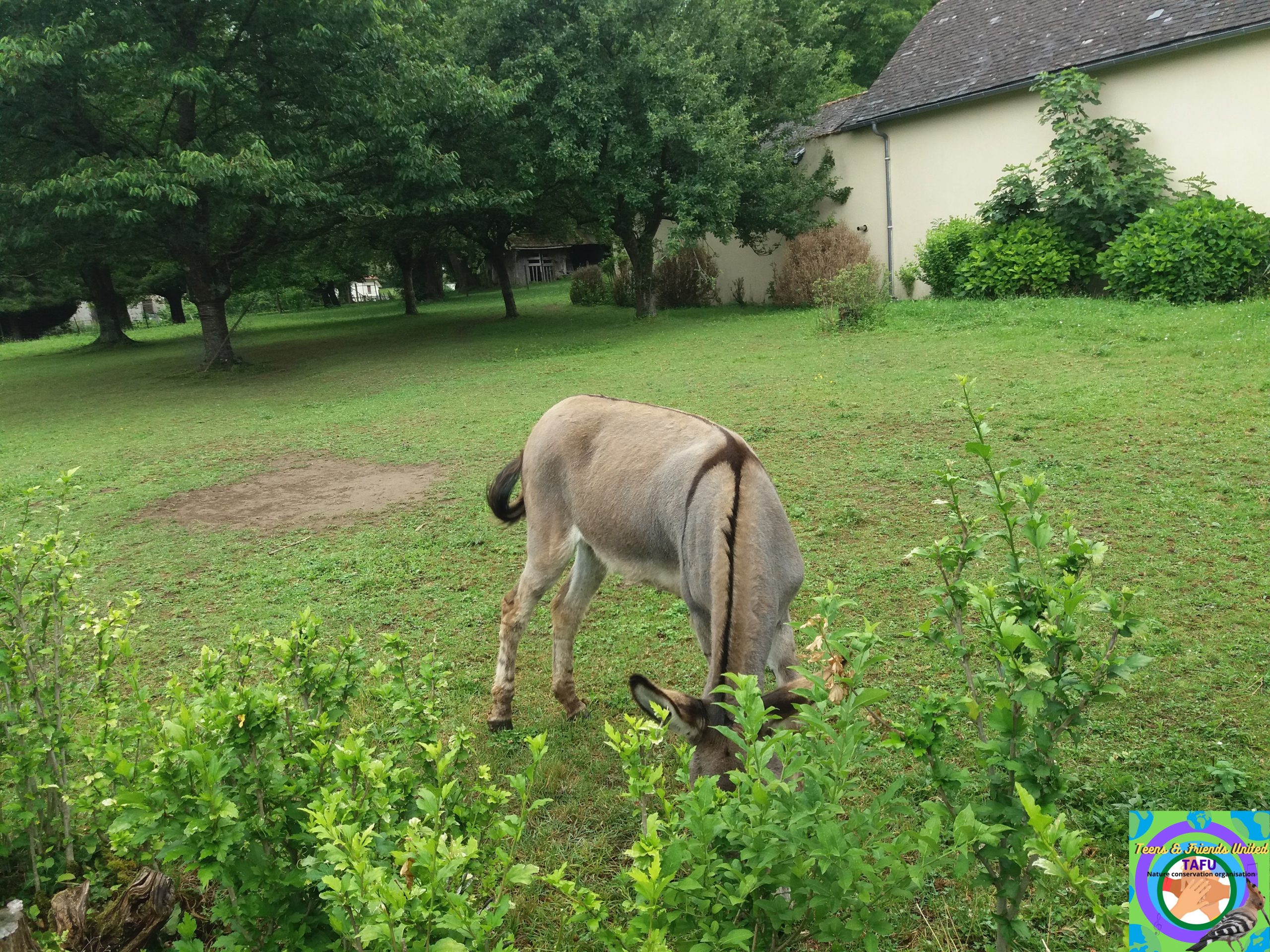
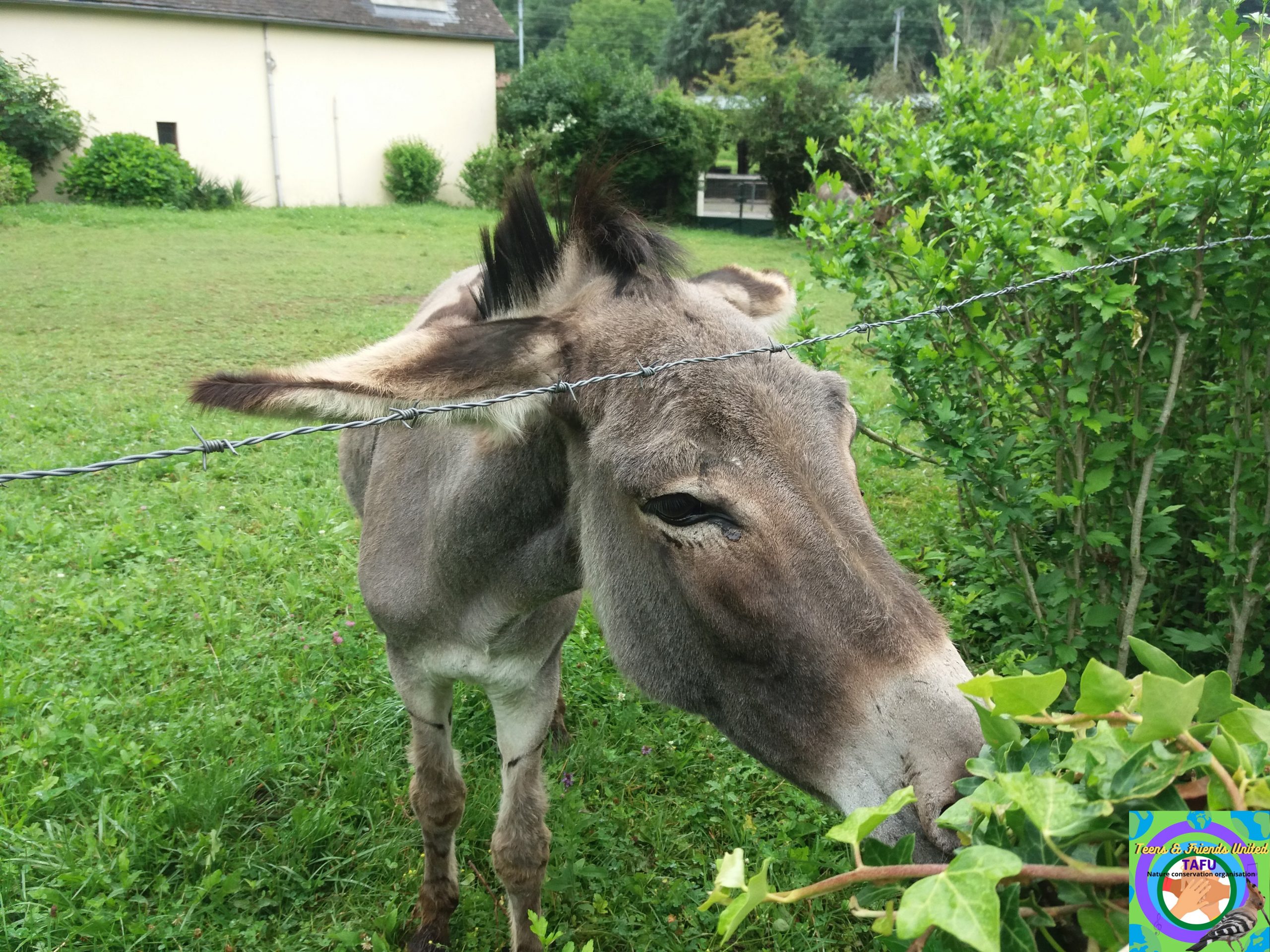
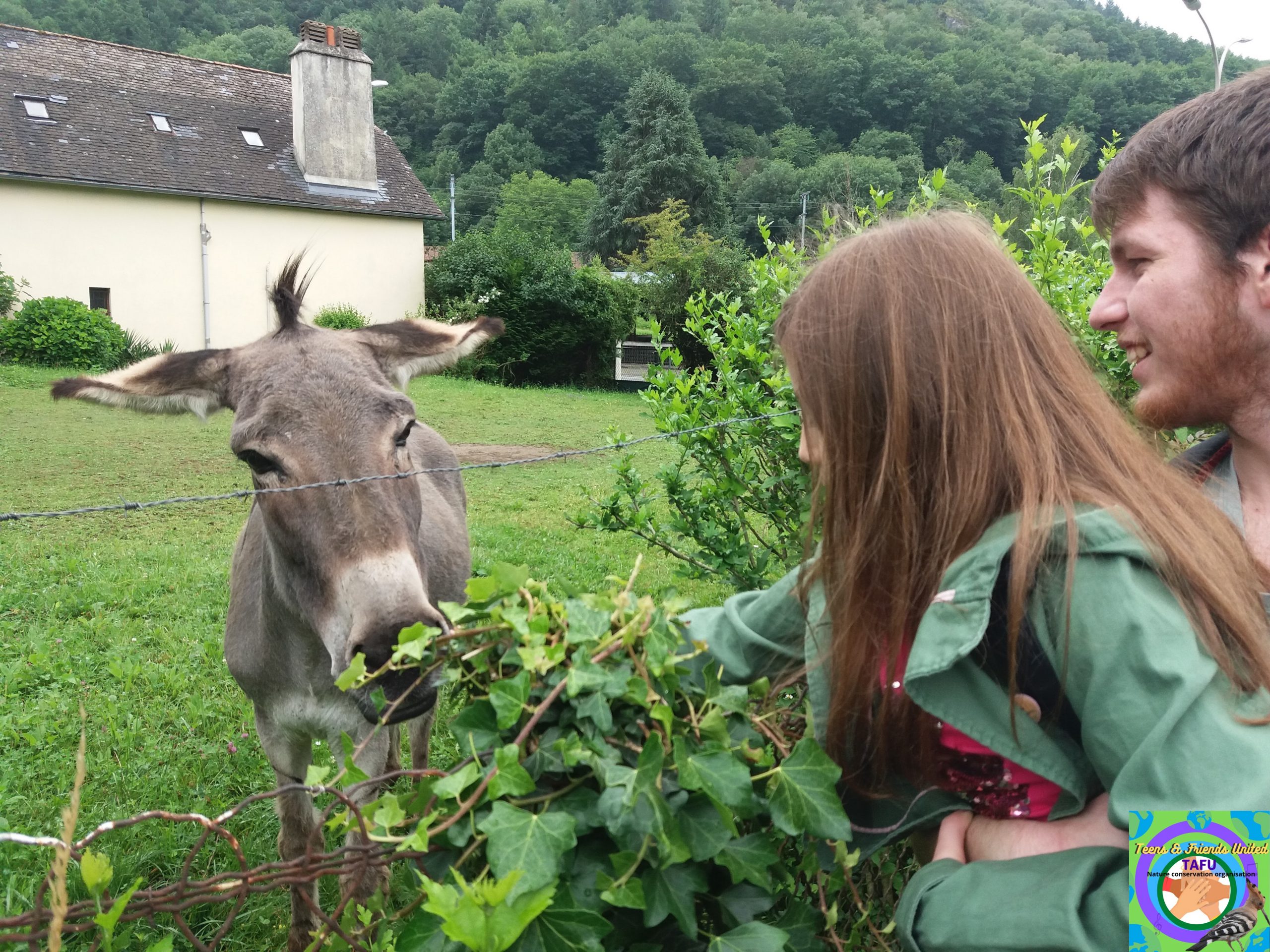
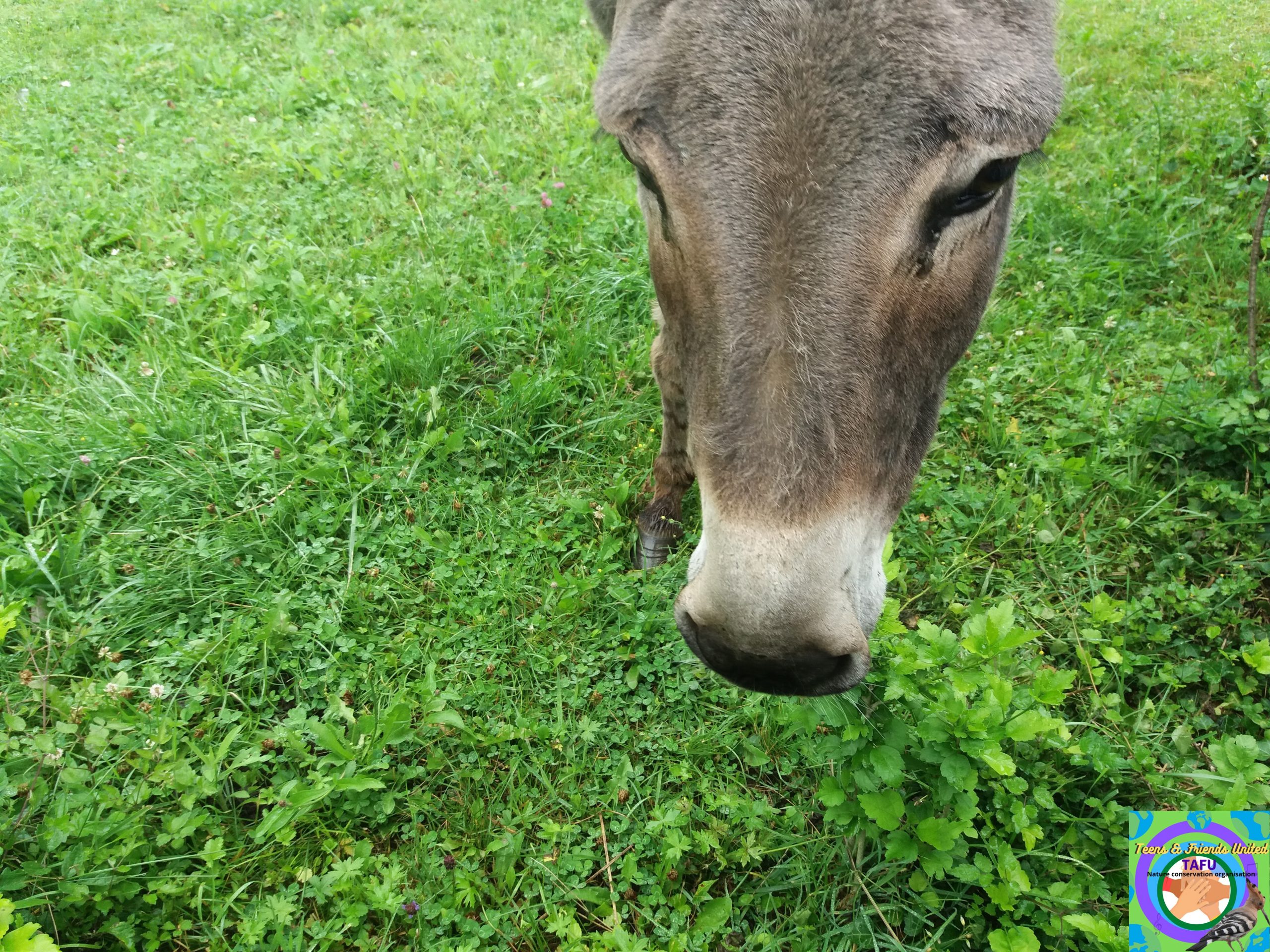
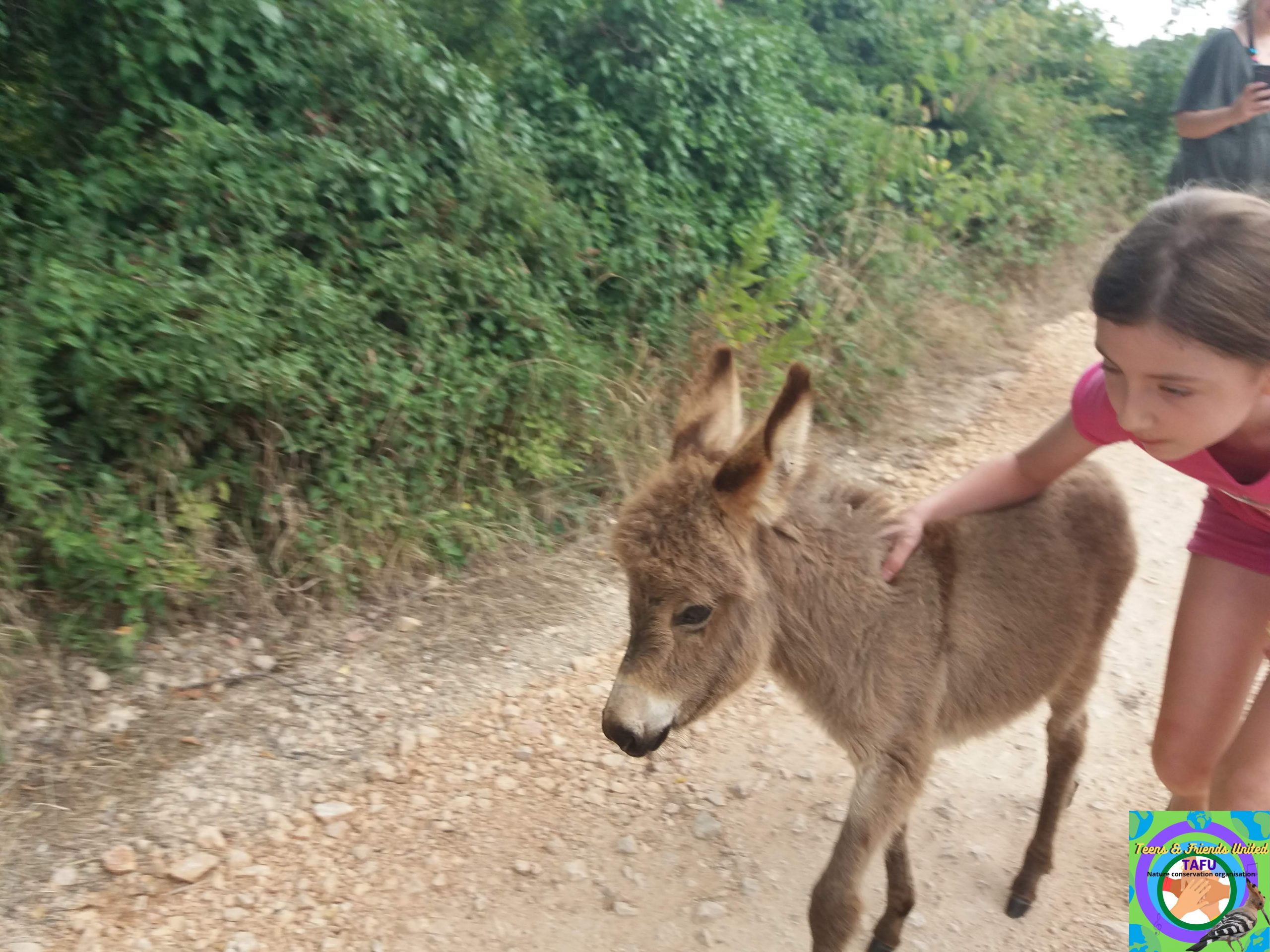
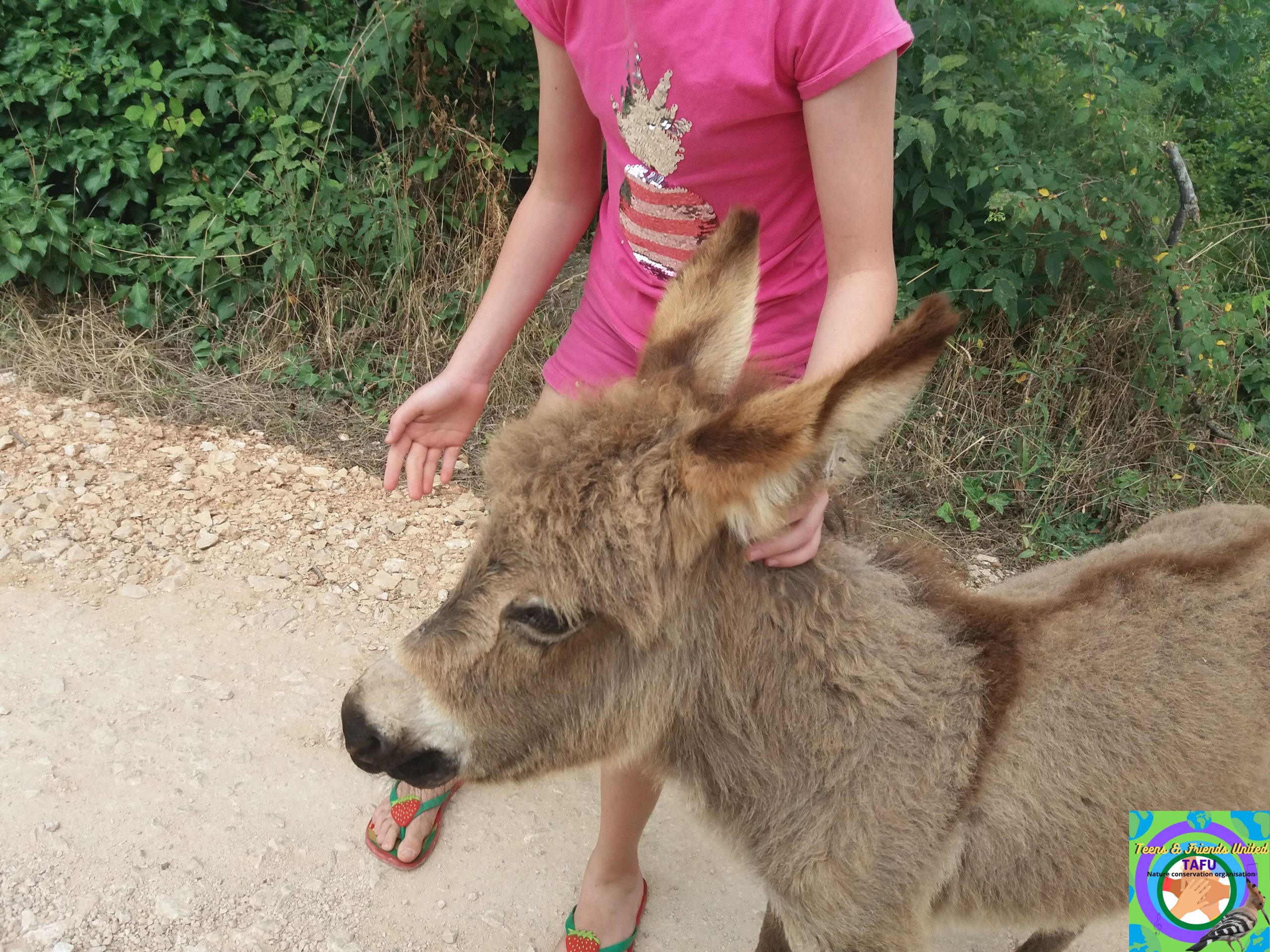
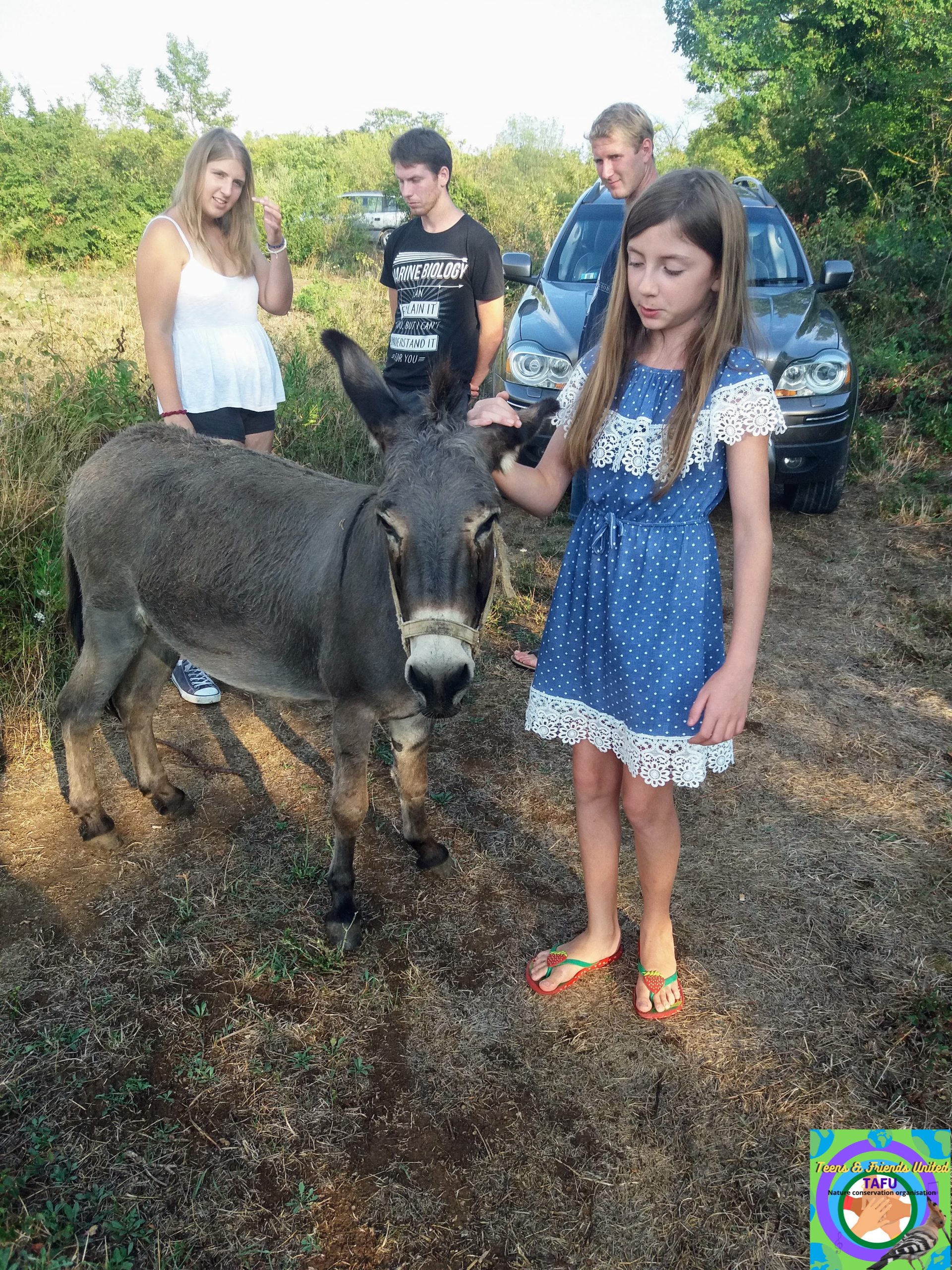


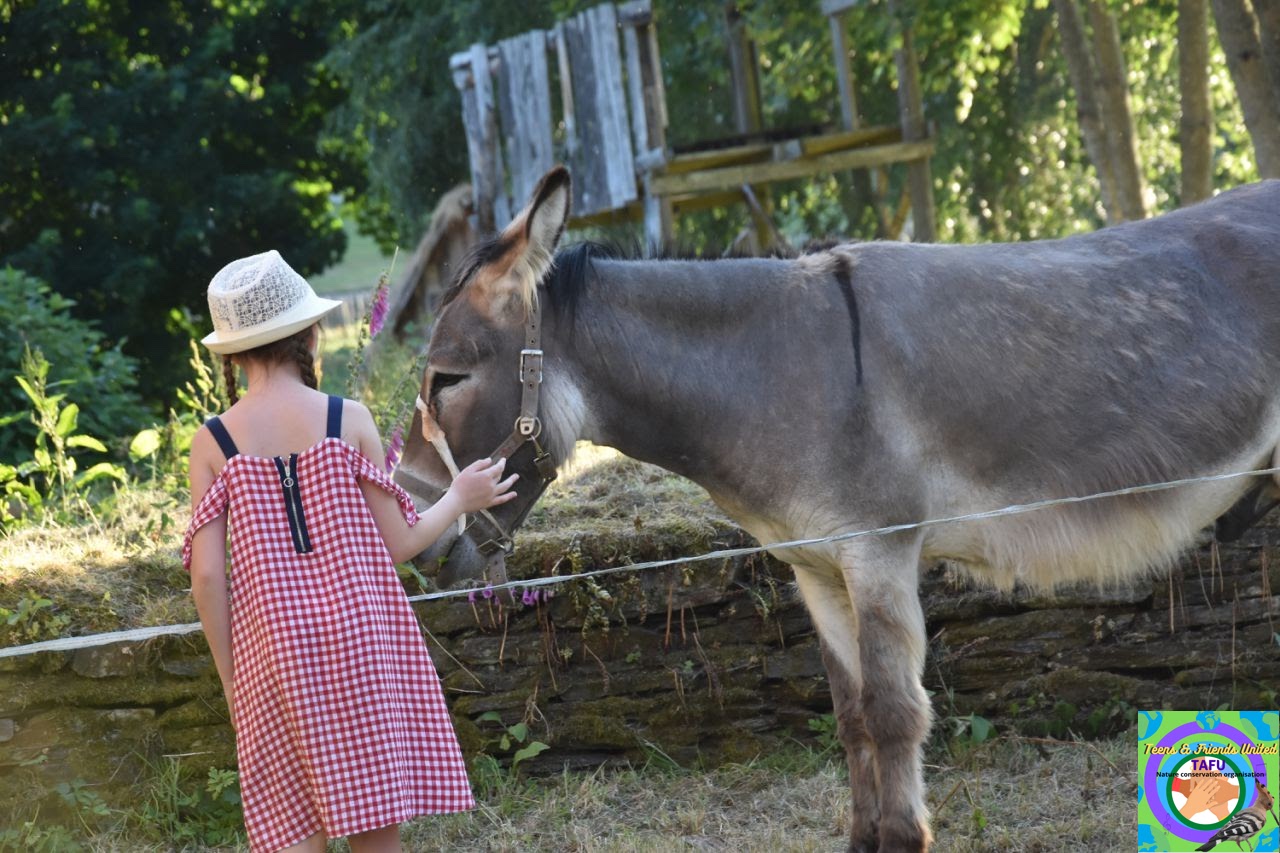
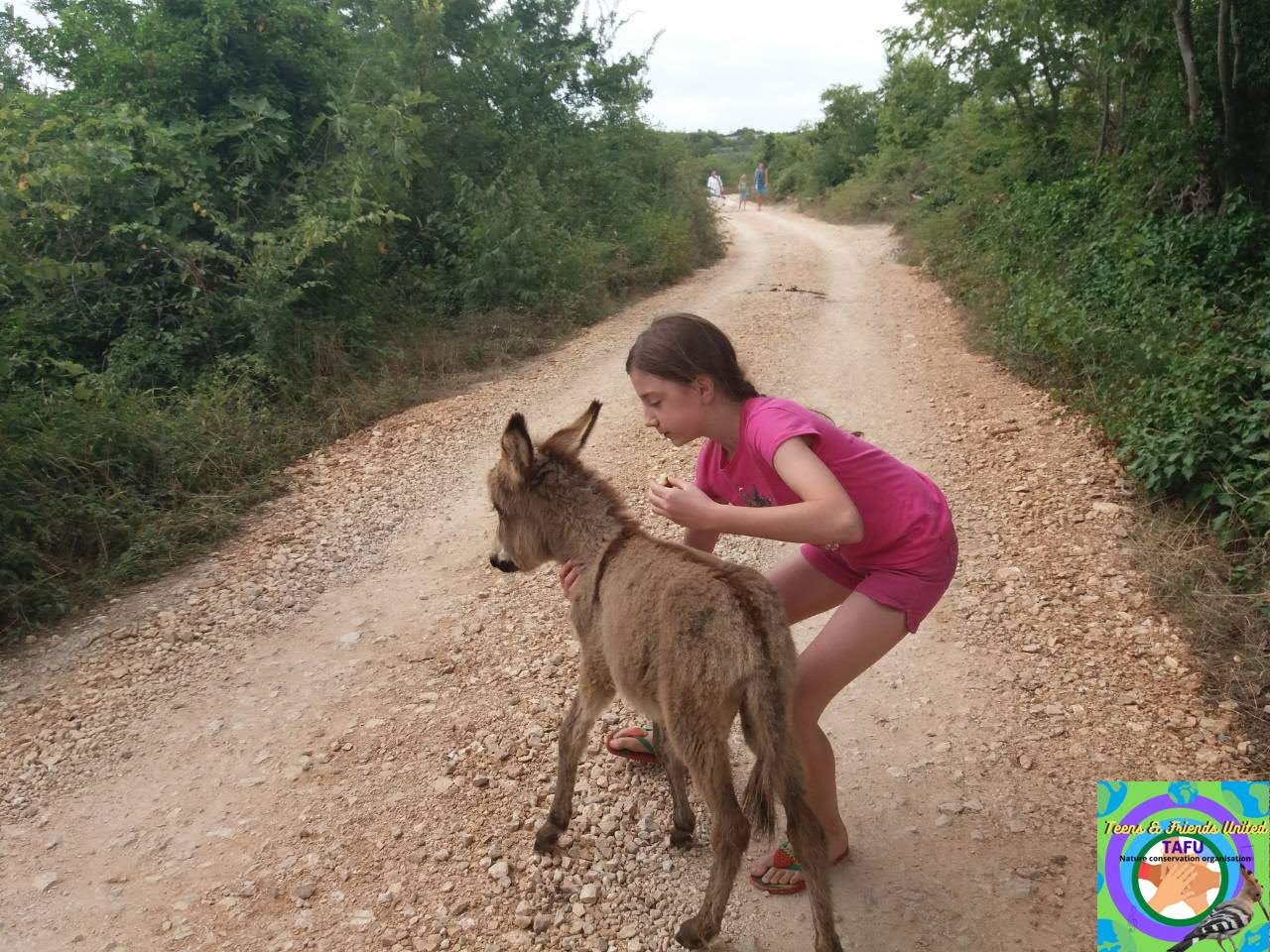
Nika Strok Underwood
